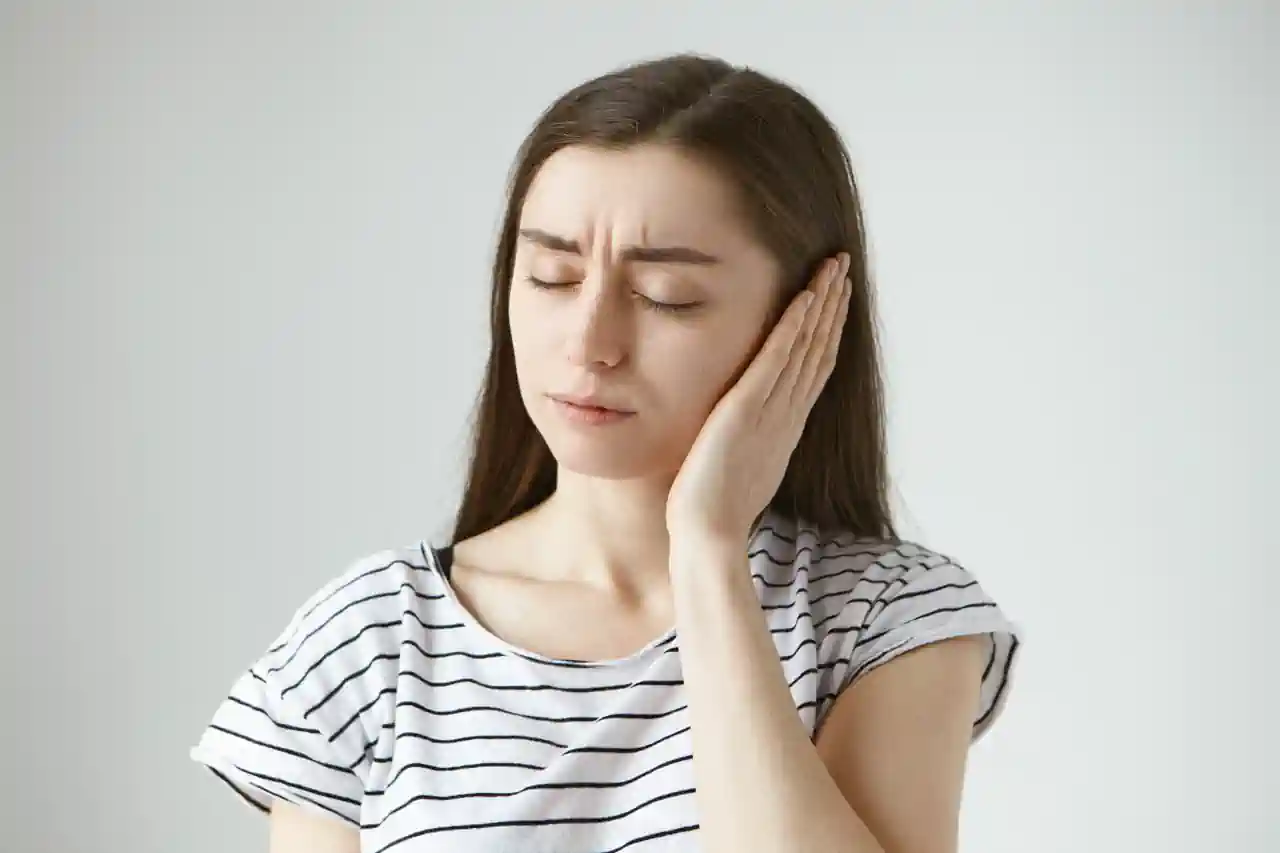Allergies are a common nuisance that affect millions of people worldwide. They can cause a range of symptoms, from sneezing and itchy eyes to congestion and coughing. But can allergies also be the culprit behind ear pain? In this article, we will explore the connection between allergies and ear pain and discuss how to manage this discomfort.
Understanding Allergies
Allergies occur when the immune system reacts to a substance that it perceives as harmful, even though it may be harmless to others. Common allergens include pollen, dust mites, pet dander, certain foods, and mold. When exposed to these allergens, the body releases histamines, which trigger allergy symptoms.
Ear Pain and Allergies
Ear pain, while not typically considered a primary symptom of allergies, can indeed be linked to allergic reactions through various mechanisms:
Sinus Congestion: Allergies often lead to nasal congestion, a condition characterized by the swelling and blockage of nasal passages. When the nasal passages become congested, it can affect the Eustachian tubes. These tubes connect the middle ear to the back of the throat and play a crucial role in maintaining equal pressure on both sides of the eardrum. When Eustachian tubes are blocked due to congestion, it can lead to ear pain and a sensation of fullness.
Fluid Buildup: Allergies can trigger the body to produce excess mucus as part of the immune response to allergens. This excessive mucus can accumulate in the middle ear, leading to pressure and discomfort. In some cases, this fluid buildup can even result in an ear infection, known as otitis media with effusion (OME).
Allergic Rhinitis: Allergic rhinitis, commonly referred to as hay fever, is a prevalent allergic condition characterized by inflammation of the nasal passages. This inflammation can extend to the Eustachian tubes and the middle ear. As a result, individuals with allergic rhinitis may experience ear pain as a secondary symptom.
Itchiness and Irritation: Allergies can cause itchiness and irritation in the throat and the tissues surrounding the Eustachian tubes. This discomfort can radiate to the ears, leading to ear pain.
Complicating Factors: Allergies can also exacerbate pre-existing ear conditions. For individuals with a history of chronic ear problems, such as recurrent ear infections or eustachian tube dysfunction, allergies can worsen these conditions and contribute to ear pain.
Managing Ear Pain Due to Allergies
If you’re experiencing ear pain related to allergies, there are several strategies you can employ to alleviate discomfort and improve your overall well-being. Here are some detailed tips for managing ear pain caused by allergies:
Allergy Medications:
- Antihistamines: Over-the-counter or prescription antihistamines like cetirizine (Zyrtec) or loratadine (Claritin) can help reduce allergy symptoms, including congestion and inflammation in the nasal passages and Eustachian tubes.
- Decongestants: Decongestants like pseudoephedrine (Sudafed) can provide relief from nasal congestion, which indirectly eases ear discomfort by allowing better Eustachian tube function. Be cautious with decongestants, as they can raise blood pressure and have potential side effects.
- Nasal Corticosteroids: These prescription sprays, such as fluticasone (Flonase) or mometasone (Nasonex), can help reduce inflammation in the nasal passages and Eustachian tubes.
Nasal Irrigation:
- Saline Nasal Sprays: These can help clear mucus and reduce congestion in the nasal passages, promoting better airflow and Eustachian tube function.
- Neti Pot: Using a neti pot with sterile saline solution can flush out allergens and mucus from the nasal passages and ease ear pressure.
Allergen Avoidance:
- Identify Triggers: Determine the specific allergens that trigger your symptoms and take steps to minimize exposure. For example, if dust mites are a problem, consider using allergen-proof covers on pillows and mattresses.
- Indoor Air Quality: Use air purifiers with HEPA filters in your home to reduce allergens like dust, pollen, and pet dander.
Hydration:
- Staying well-hydrated helps keep mucus thin and can promote drainage, reducing the risk of fluid buildup in the middle ear.
Steam Inhalation:
- Inhaling steam from a bowl of hot water can temporarily relieve congestion and open up the Eustachian tubes. Be cautious to avoid burns and keep a safe distance from hot water.
Warm Compress:
- Applying a warm compress to the affected ear may provide temporary relief from ear pain. Be sure it’s not too hot to avoid burns.
Consult a Healthcare Professional:
- If your ear pain is severe, persists for an extended period, or is accompanied by other concerning symptoms like hearing loss, dizziness, or fever, consult a healthcare provider. They can perform a thorough evaluation and may recommend additional treatments or procedures.
- In some cases, your doctor may prescribe antibiotics if an ear infection is present, or they may suggest treatments like ear tubes (tympanostomy tubes) to alleviate chronic ear pain or recurrent infections.
Allergy Testing and Immunotherapy:
- If allergies are a persistent problem, allergy testing can help identify specific triggers. Allergen immunotherapy, such as allergy shots or sublingual tablets, may be recommended to desensitize your immune system and reduce allergic reactions over time.
Remember that individual responses to allergy management can vary, so it’s essential to work closely with a healthcare professional to determine the most effective treatment plan for your specific situation. Additionally, proper and consistent management of allergies can reduce the likelihood of ear pain and improve overall quality of life.
While allergies are not a direct cause of ear pain, they can contribute to conditions that result in discomfort in the ears. Understanding the connection between allergies and ear pain is crucial for effective management. By addressing your allergies and their symptoms, you can often find relief from ear pain and discomfort.
Sources:
- American Academy of Otolaryngology – Head and Neck Surgery. (2018). Ear Infection and Allergies. https://www.entnet.org/content/ear-infection-and-allergies
- American Academy of Allergy, Asthma & Immunology. (n.d.). Allergic Rhinitis. https://www.aaaai.org/conditions-and-treatments/allergies/allergic-rhinitis
- Cleveland Clinic. (2019). Ear Infections: Overview. https://my.clevelandclinic.org/health/diseases/9815-ear-infections

